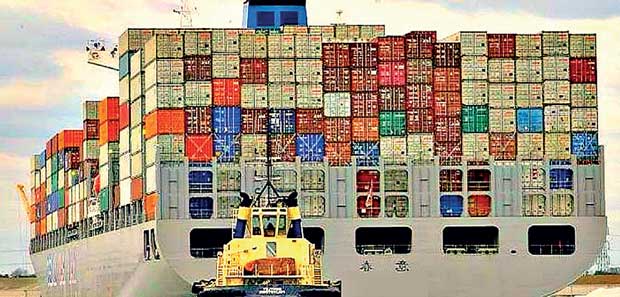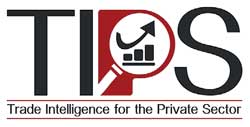05 Jan 2017 - {{hitsCtrl.values.hits}}

By Economic Intelligence Unit
This week sees the introduction of a new scheme by the European Union to streamline exports from developing countries’ to the region.
The Registered Exporter system (or ‘REX’ system) is a new online system of certification of origin of goods that will be applied in the Generalised System of Preference (GSP) of the European Union from 1 January 2017.
It is coming into effect in three stages, and in Sri Lanka it will be applicable from 1 January 2018. Exporters have noted that this new system will help ease reduce documentation burdensand improve the overall ease of doing business.
What is the REX system?
Economic operators who will make out themselves so-called statements on origin, base the REX system on a principle of ‘self-certification’.
To be entitled to make out a statement on origin, an economic operator will have to be registered in a database by his competent authorities.
The economic operator will then become a ‘registered exporter’. The REX system is the term used to designate the system of certification of origin as a whole, and not only the underlying IT system, which is used for the registration of exporters.
The data of the REX system is published and can easily be searched online from this week. The registration on REX is without any fee or charges and this system would eventually phase out the current system of issuance of Certificates of Origin, which was a process that was plagued with delays.
What is the background to REX?
The system was introduced in the in the context of the reform of the GSP rules of origin in 2010. While the other elements of the reform took effect back in 2011, the application of REX was deferred to 1 January 2017, to give enough time for GSP beneficiary countries to prepare their internal systems.
The REX system will progressively (and eventually completely) replace the current system of origin certification based on certificates of origin issued by governmental authorities and on invoice declarations made out under certain conditions by economic operators.
Who can register and how?
Exporters apply to become registered exporters under the REX system by filling in an application form and returning it to their competent authorities (in Sri Lanka, likely the Department of Commerce and Sri Lanka Customs).
Then, the competent authorities register exporters who submit complete and correct application forms. The types of traders/exporters who will be registered are: 1) exporters in GSP beneficiary countries; 2) European Union operators exporting to GSP beneficiary countries for the purpose of bilateral ‘cumulation of origin’; 3) European Union operators exporting to third countries with which the EU has an FTA where the REX system is applied; 4) European Union operators replacing proofs of origin initially made out in GSP beneficiary countries;
Will this change the rules of origin?
All the new REX system does is change the method of certification of the origin of goods, not the actual rules for determining the origin of goods in the GSP scheme. To be entitled to make out a statement on origin, an economic operator needs to be registered in the REX system and to have a valid registration, i.e. a registration that is not revoked. However, unregistered exporters can be allowed to make out statements on origin for consignments of originating goods having a value that is below 6,000 EUR.
What happens next?
Sri Lanka is not one of the first 35 countries applying the REX system from 1 January 2017 when the system goes live, and has notified the EU that it will apply REX from 1 January 2018 along with 16 others.
A further 22 (including Bangladesh and Vietnam) will apply it from 2019.Once a country joins the REX system, the competent authorities of the beneficiary country will start registering in the REX system exporters who request it. From 1 January 2017, exporters will be entitled to make out statements on origin for consignments of origin goods having a value below 6,000 EUR.
During a period of twelve months from joining – considered a transition period - the competent authorities would continue to issue certificates of origin at the request of exporters who have not yet been registered in the REX system, while ceasing to issue certificates of origin for exporters who have been registered in the system. If the country finds this transition period insufficient, it can request an extension by maximum six months. At the end of the transition period, consignments above 6,000 EUR will be entitled to GSP preferential tariff treatment in the EU only if accompanied by a statement on origin made out by a REX-registered exporter.
(This article by the Economic Intelligence Unit of the Ceylon Chamber of Commerce is part of its ‘Trade Intelligence for the Private Sector’ (TIPS) initiative that helps our member businesses be up-to-date on new developments in international trade)
25 Nov 2024 1 hours ago
25 Nov 2024 2 hours ago
25 Nov 2024 2 hours ago
25 Nov 2024 4 hours ago
25 Nov 2024 4 hours ago